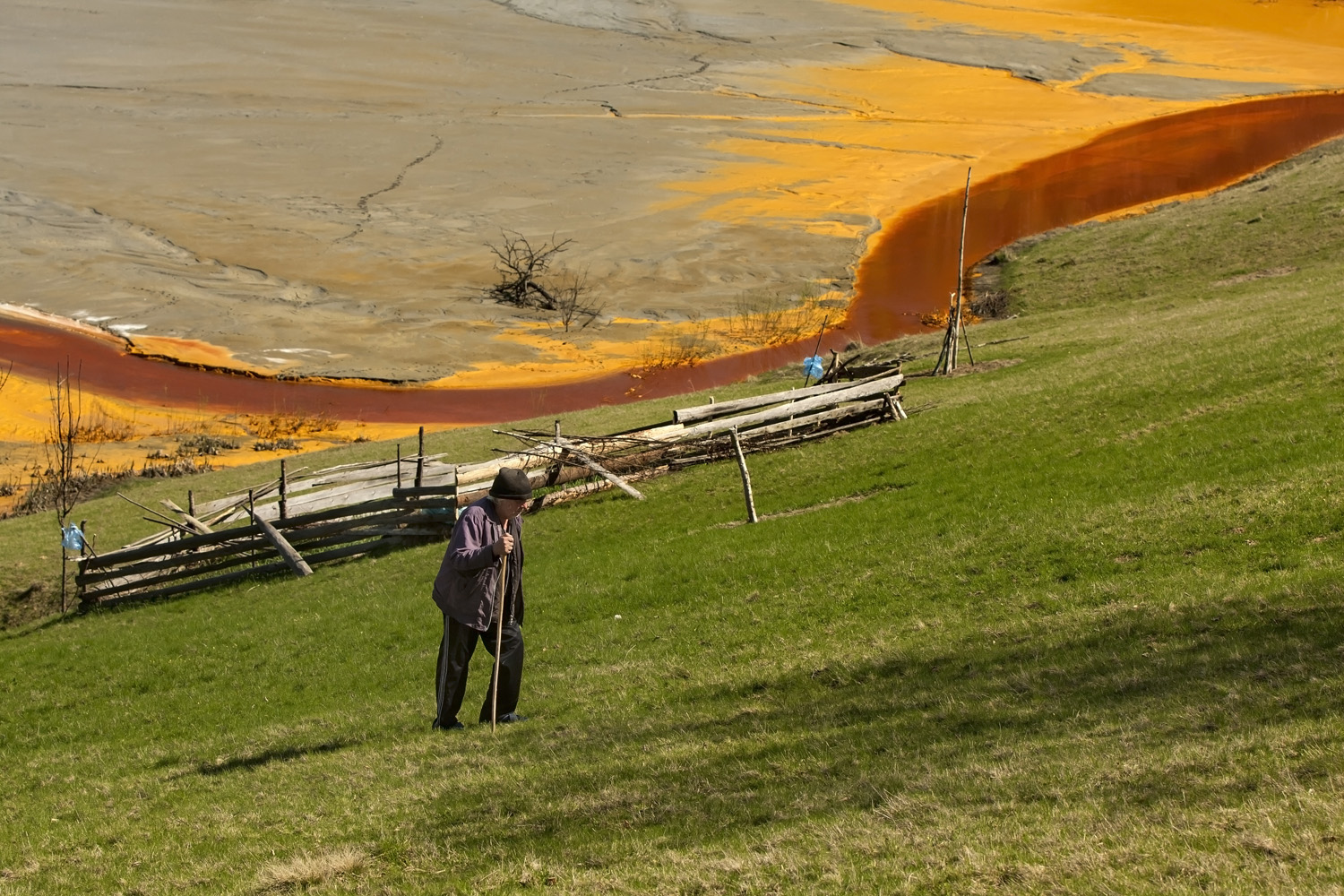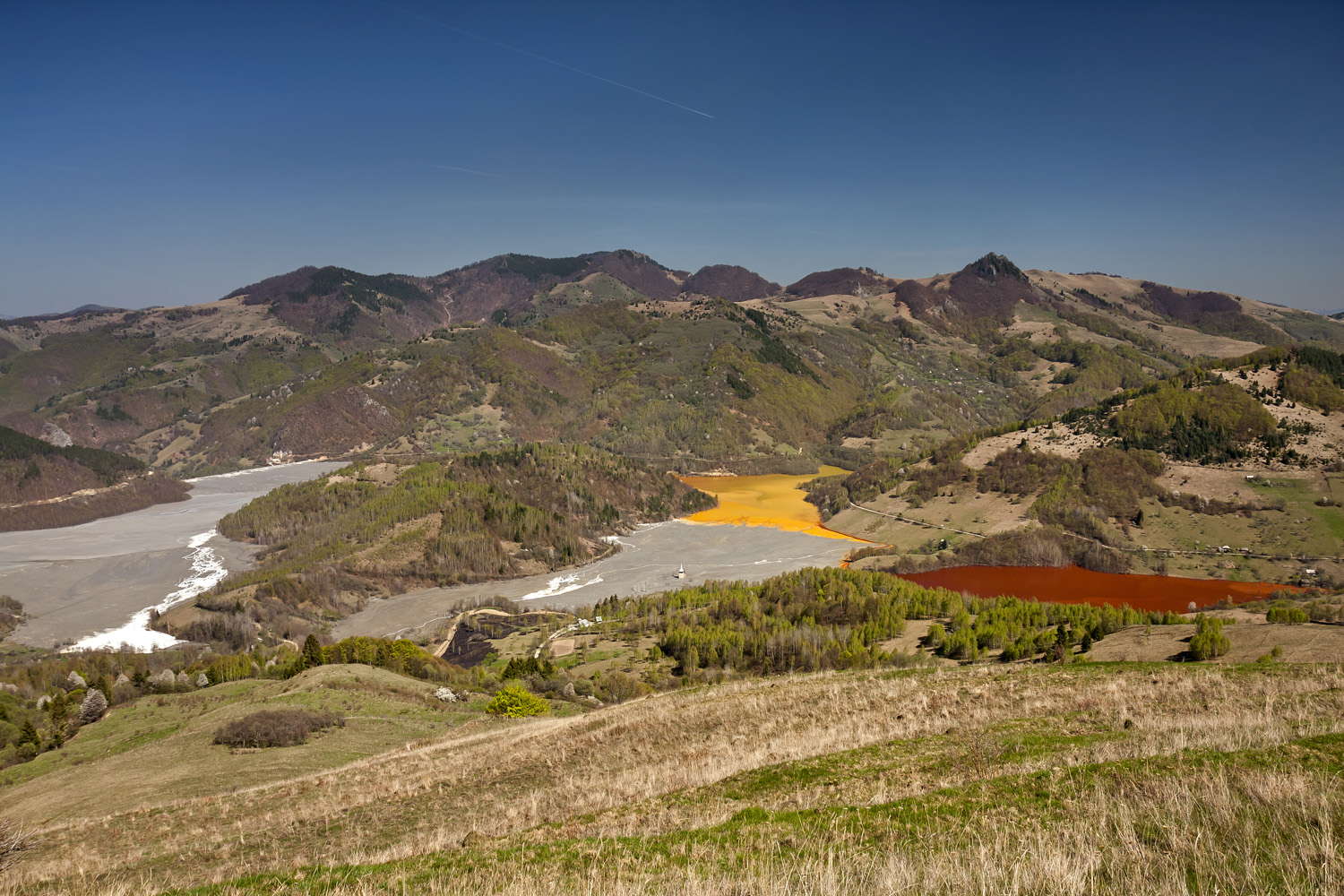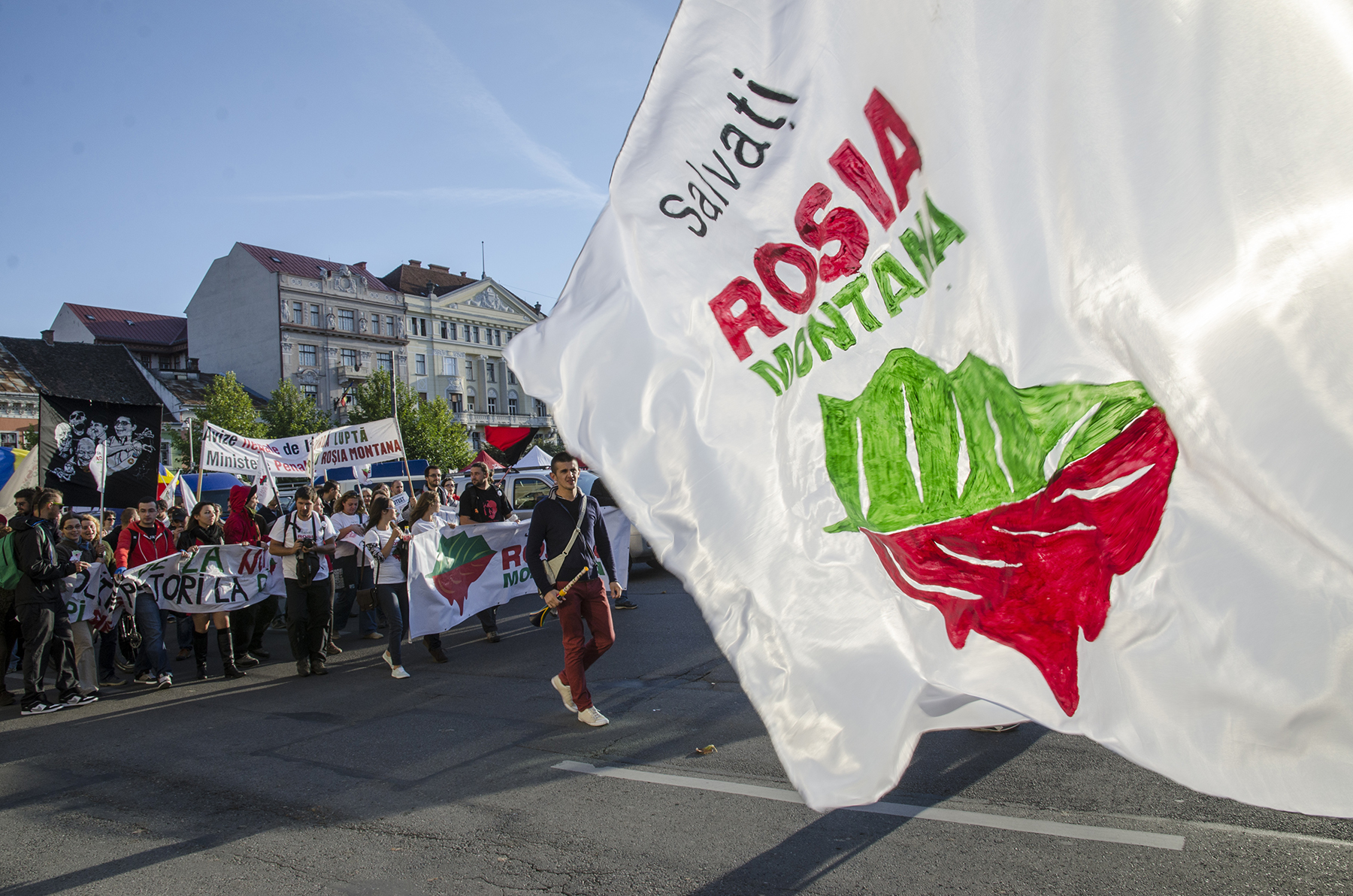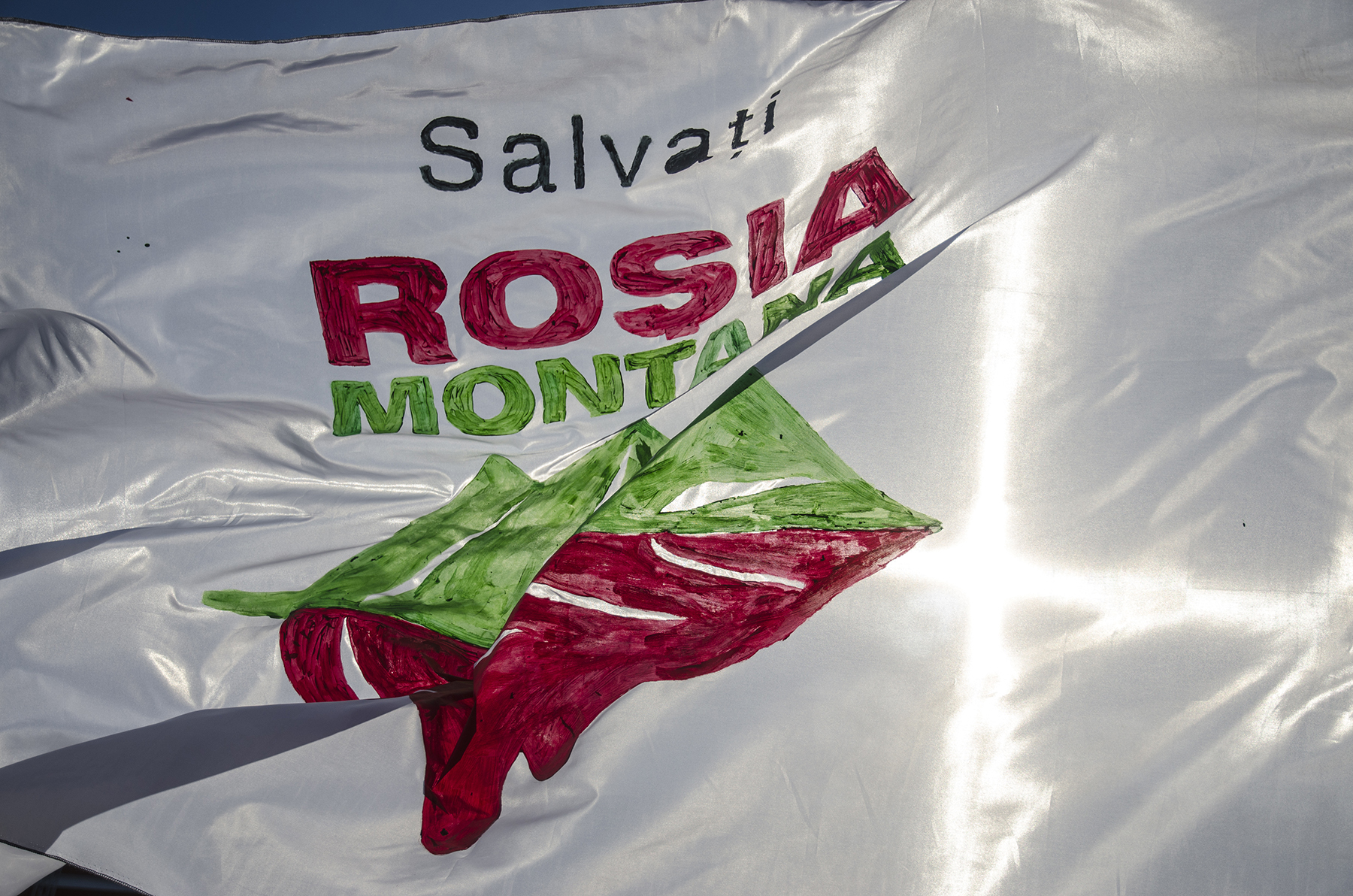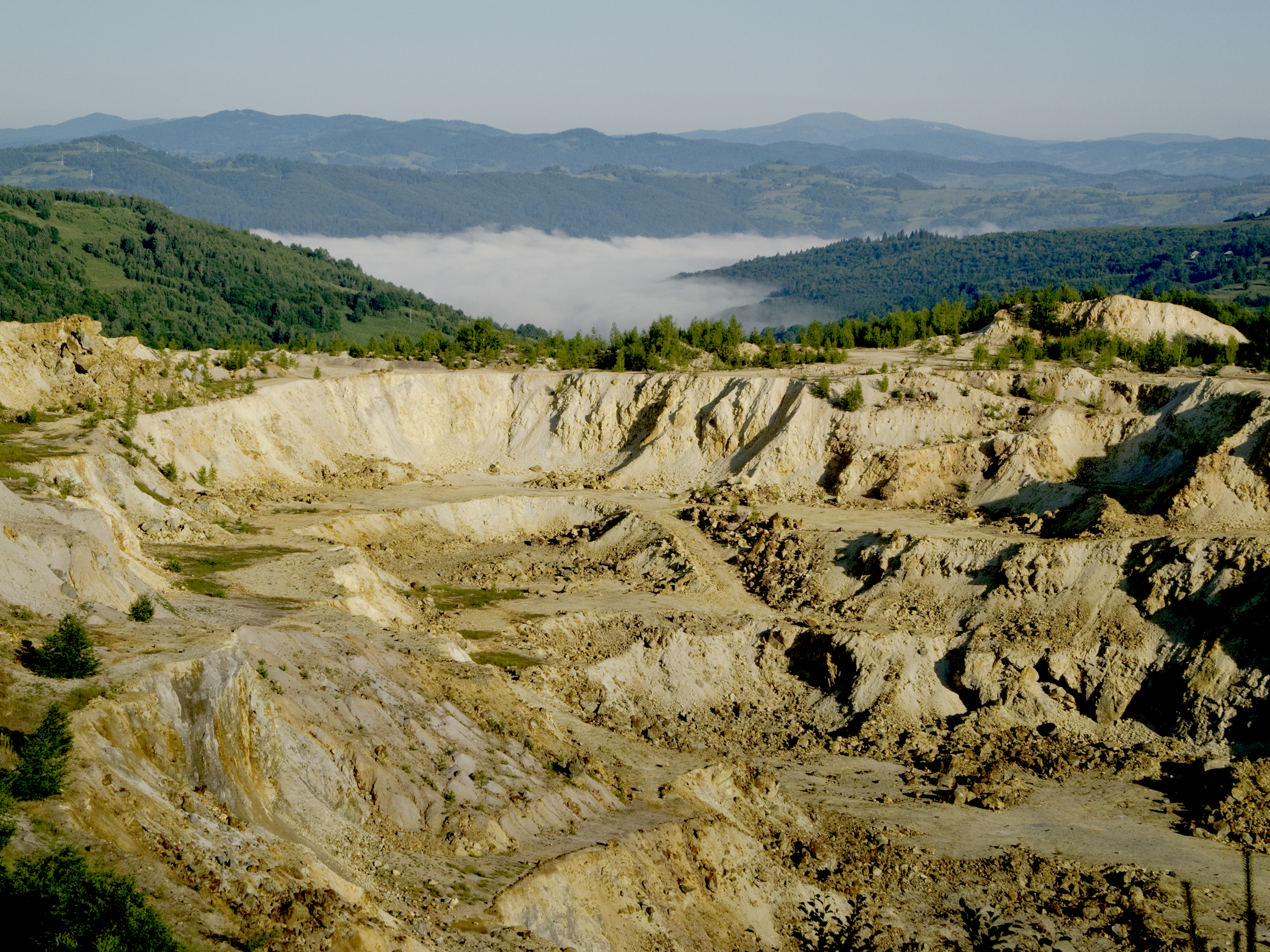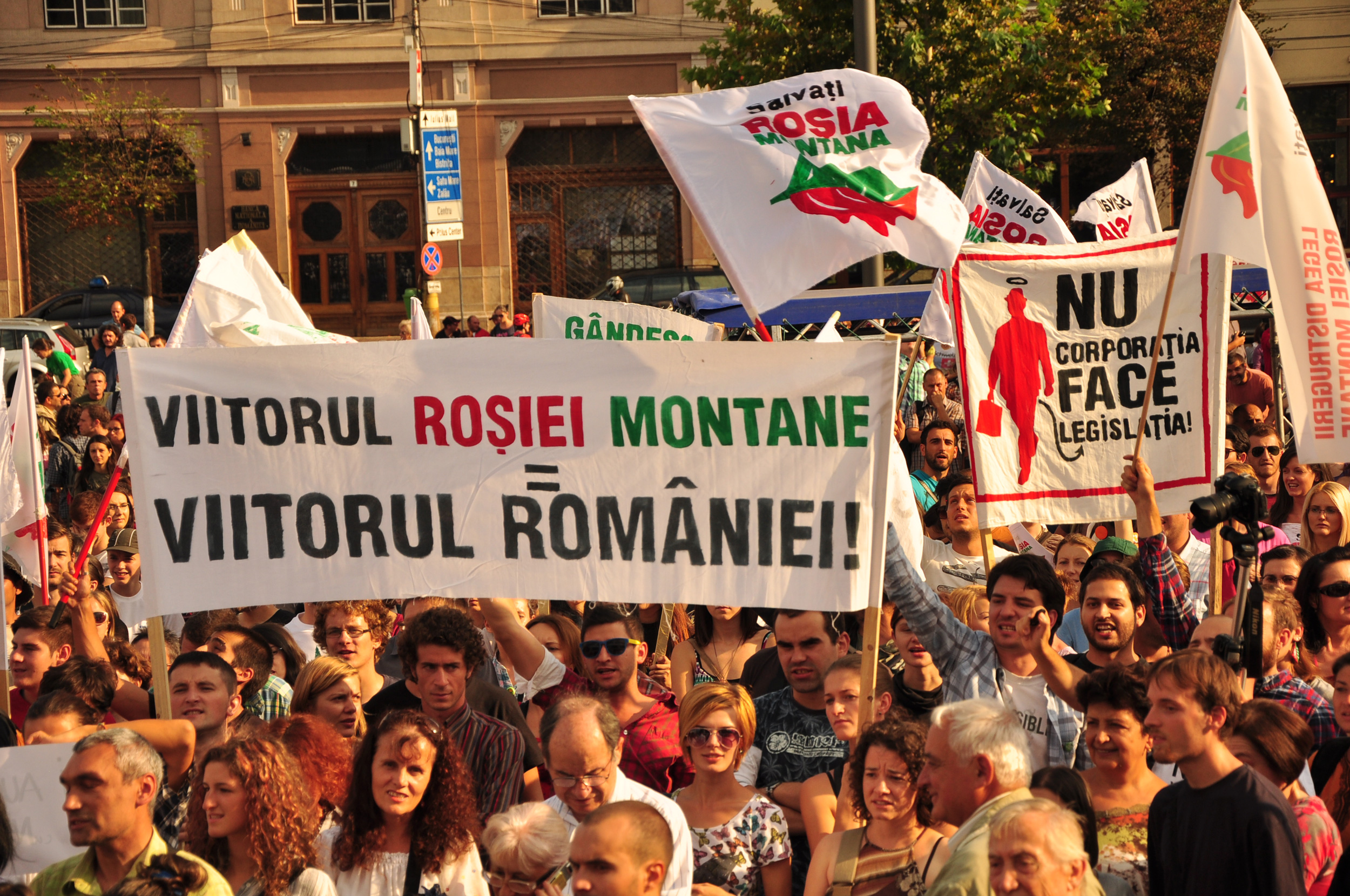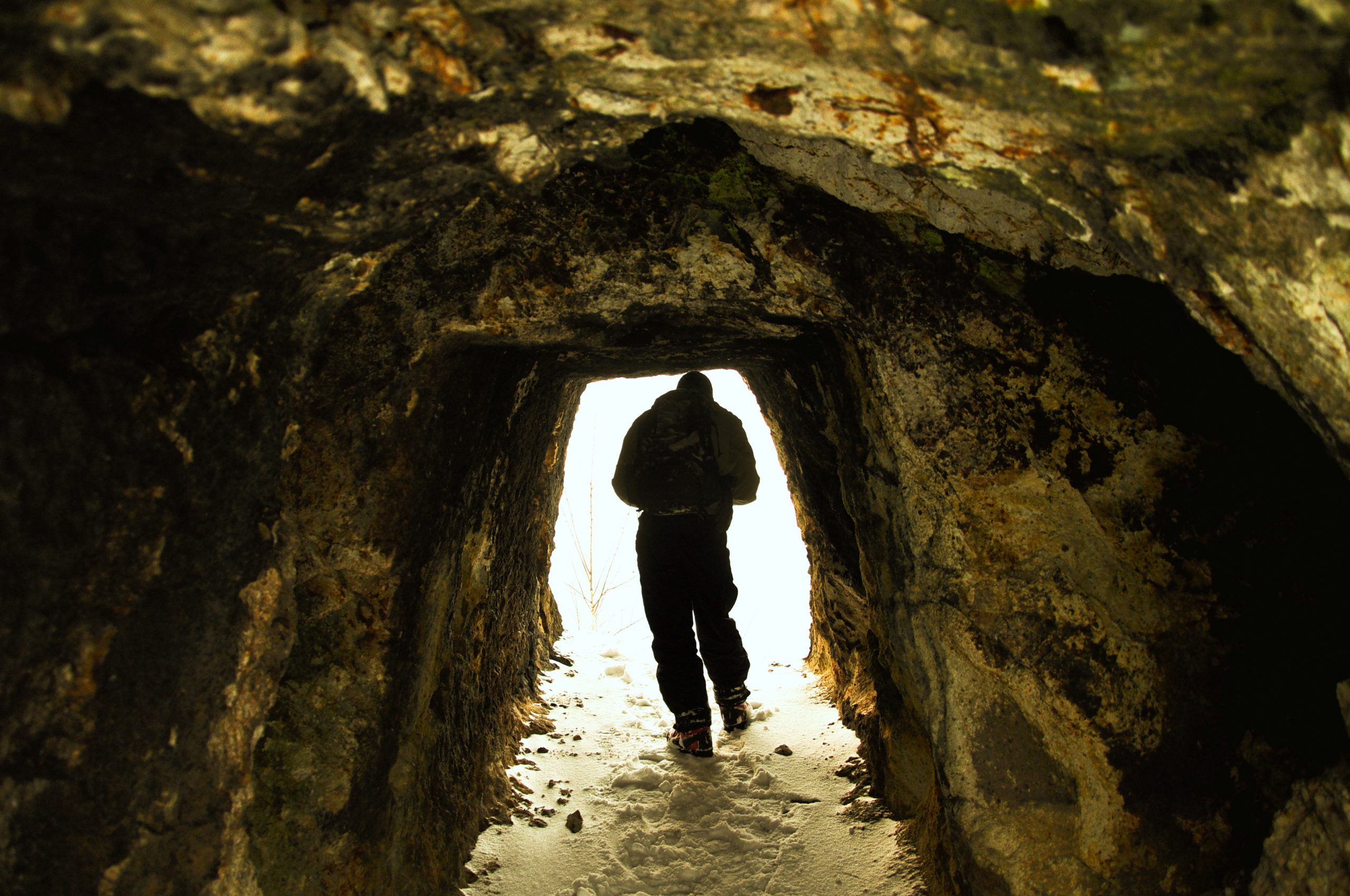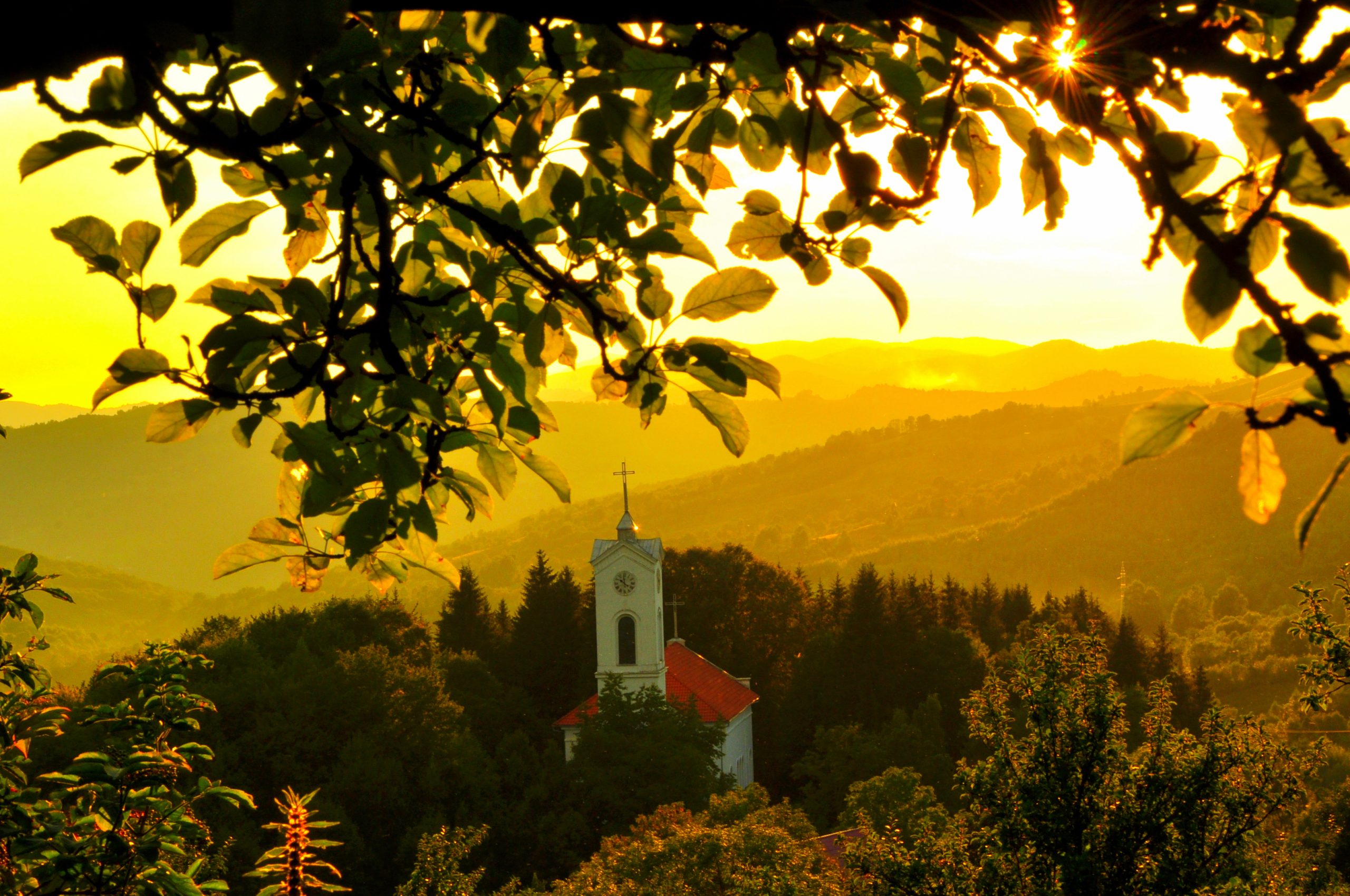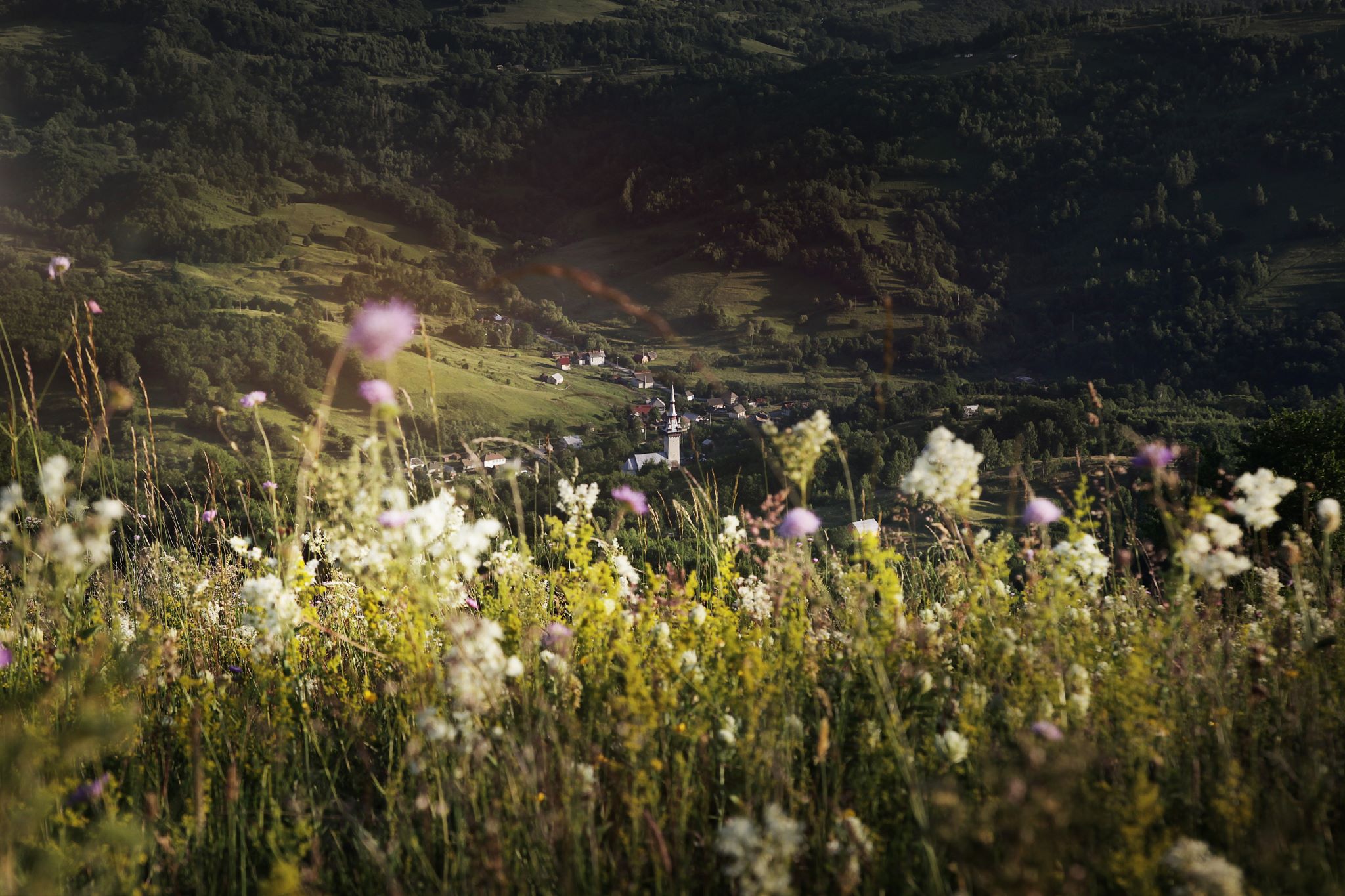
Digital campaigning to protect Romania’s natural resources
Romania’s mountainous regions, which are rich with gold, have drawn international investors and mining companies for decades. The methods and processes by which many modern companies extract the country’s natural resources, however, threaten to cause widespread environmental and economic damage. Yet government officials have often weakened the laws and created loopholes that allow such projects to continue.
Declic, an SRT grantee based in Romania, is an online advocacy platform created in 2015 to change this. Founded by Tudor Bradatan and Stephanie Roth, the network currently involves more than 900,000 people in campaigning for good governance and the protection of the natural environment. Bradatan and Roth first got into campaigning in 2013 when they helped mobilise mass protests against a dangerous mining project in the Roșia Montană region in Transylvania.
For two decades, Gabriel Resources, a Canadian company, attempted to build what would be Europe’s largest gold mine at Roșia Montană, which was first mined by the Romans. The company proposed an open-pit mine which would, as described by National Geographic, use “tens of thousands of tons of cyanide to separate gold from crushed rock, creating a large reservoir full of cyanide-laced water”, potentially causing widespread ecological and societal devastation.
Romanians were already aware of the dangers of this type of mining due to an accident at the Baia Mare gold mine in the country’s northwest. In 2000, a reservoir leak spilled 100,000 cubic meters of water and up to 100 tons of highly toxic cyanide and heavy metals into nearby rivers that run through Hungary, Romania, Serbia and Bulgaria. It contaminated the drinking water and food chain for millions of people and damaged the ecosystem and its wildlife. Some compared the disaster to the Chernobyl nuclear accident.
In 2013, resistance to the proposed mine at Roșia Montană grew when Gabriel Resources and the state declined to make commitments on safety measures and compensation for residents who would be forced to leave their homes to make way for the mine. From September 2013 through January 2014, advocates organised protests that drew hundreds of thousands of Romanians – including environmental activists, farmers, academic and religious leaders, as well as people from neighbouring European countries. After several months, the mine project was halted.
“The protests helped restore people’s faith in civic action and reminded us that collective action can change the course of the country’s future,” said Bradatan. “We’ve since used the tactics developed during those weeks to defend other causes, from preserving forests to saving rivers.”
Declic campaigns on a broad range of issues using research, media campaigns, and strategic litigation. They organise online via Facebook and Facebook Messenger, Twitter and via their website. In order to influence policy, they petition both online and in person. Through a digital tool called My Click Campaign, people can create their own petitions, stay in touch with signatories and organise events.
Declic’s public actions are varied and often creative. For example, in order to hold officials to their promise to cut special pensions to a subset of Romanians (who receive 100 times more per month than other pensioners), Declic organised camera-worthy public actions on ski slopes of Poiana Brasov, at the Constitutional Court of Romania (which was serenaded by Declic carolers) and at the Victory Square near the seat of the government in Bucharest.
In 2019, thanks to the legal action of Declic and its partners, Romania’s Supreme Court permanently cancelled the planning certificate for the Certej mining project, another effort to open a cyanide-based open-pit gold mine in Transylvania’s Apuseni Mountains. The site is close to several densely populated villages and required the destruction of pastures and protected forests.
Even as Declic celebrates its wins, they prepare for the next challenge. The future owner of the Certej mine may also attempt to build a cyanide mine, for example. As for Roșia Montană, Declic and its partners have been supporting a multiyear effort to designate the area as a World Heritage site. This would prohibit mining and boost the area’s value as a tourist destination, with its Roman archaeology and natural beauty drawing visitors and providing a source of income for local residents. Although Romanian officials have supported this designation in the past, such support is wavering, and Declic is organising once again.
“This kind of campaigning requires that we maintain constant pressure on public officials”, said Bradatan. “It takes a long view.”
Return to grantee stories
Saving Roșia Montană from environmental and economic damage
Photos courtesy of Declic, Laura Muresan and Dan Tautan
Geamana is an old village few kilometers away from Rosia Montana, flooded by the waste generated by a nearby copper mine.
The tailings pond of the Rosia Poieni copper mine, a mining project similar to the one proposed in Rosia Montana.
In September 2013 thousands of Romanians took the streets to protest against the Government’s decision to approve the mine.
The logo of the Save Rosia Montana campaign was hand-drawn on thousands of banners.
A cetate pit that shows the destruction that open-pit mining creates.
The “Romanian Autumn” protests inspired a whole generation of citizens to stand up for nature, heritage and their rights..
The exit of the mine gallery. The underground is a network of tunnels dug by hand during the occupation of the Roman Empire.
A Catholic church in Rosia Montana, which is one of many religious structures that would have been affected by the project.

